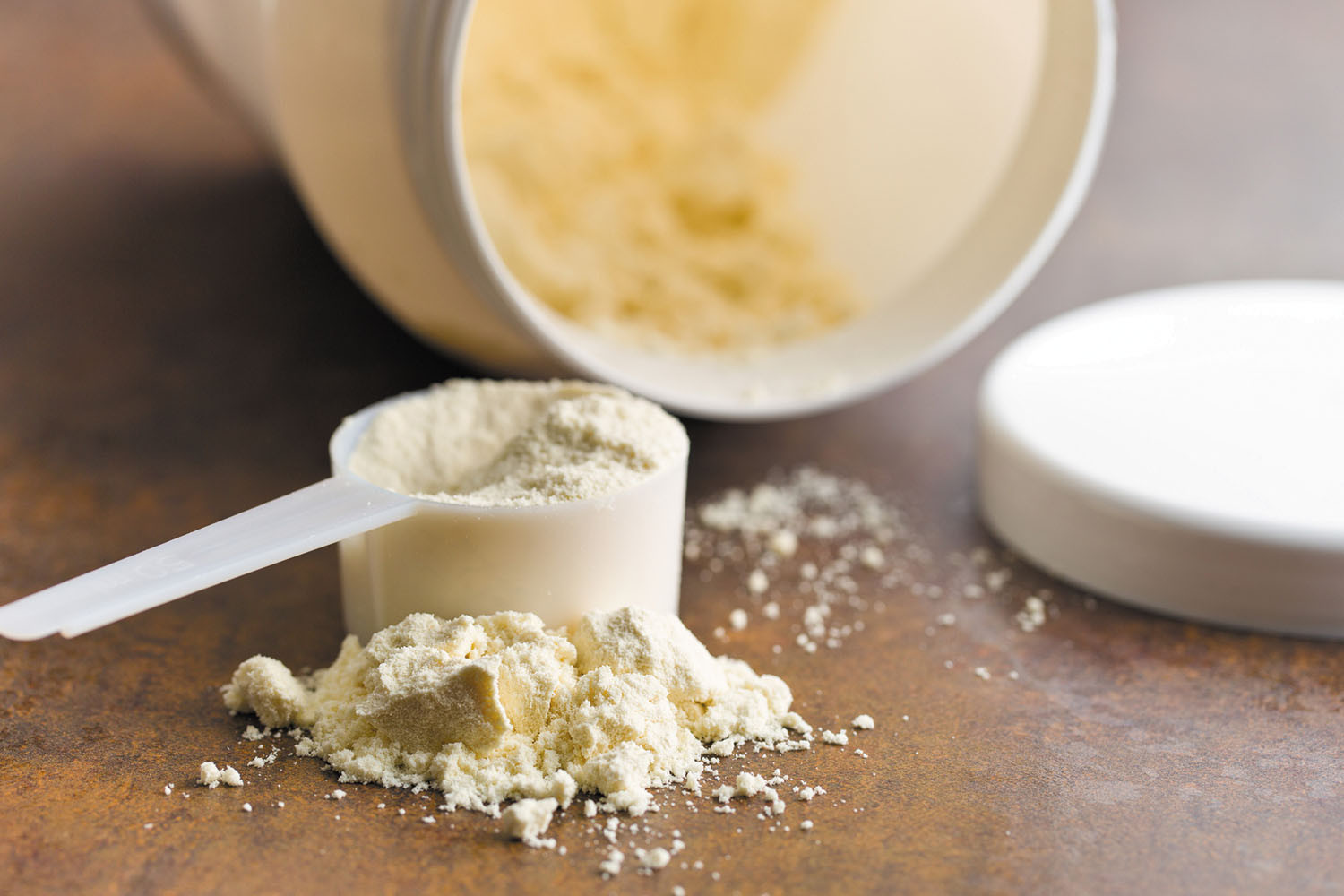By Jonathan Ram, Year 12
Any ‘protein powder’ google search will send the reader down a rabbit hole of conflicting views as to whether it is healthy or not. Protein, an essential nutrient and key part of a balanced diet can come in many forms. As a rule of thumb, the average person should consume 0.8 grams of protein per kilogram of body weight; so if you weigh 75 kilograms, you should be eating 60 grams of protein a day. However, certain people such as bodybuilders need at least 3 to 4 times the recommended amount of protein to fuel the muscle growth they strive for.
As far as protein sources go, there is a wide array of choices to choose from. Of course, meat of any kind is high in protein. Meat sources all have around 20 grams of protein per 100 grams of food, which is a very high amount of protein considering that most people don’t stop at 100 grams of meat whenever they are eating steak or fried chicken. Eggs, milk, and even lentils and beans are other good sources.
However, another popular source of protein, and the subject of this article, protein powder, dwarfs the protein content of meat, containing around 80 grams of protein per 100 grams. Protein powder comes in a variety of different flavours such as vanilla, chocolate, and more exotic ones such as cookies and cream or coconut.
Protein powder is sourced by extracting different parts of milk from each other. There are 2 major types of protein powder: whey and casein. Simply put, whey protein digests much faster and gets into the muscle quicker, while casein is slower digesting and has a slower and more controlled release of protein into the bloodstream. That being said, both sources are extremely viable, and can even be mixed or taken alternatively, since they are both proteins after all.
Protein powder is primarily consumed in a shake-type form, by mixing the powder with milk, water, fruit, peanut butter, or really anything in order to achieve a nice flavour with your shake, and then blending the mixture up to be enjoyed as a tasty and high protein drink.
But is protein powder even necessary, or healthy? By definition, protein powder is a dietary supplement and should only be consumed by people who don’t get enough protein in their diet, or by athletes who need a quick and easy source of protein. As far as the health effects of protein powder, it is definitely an efficient and easily digestible source of protein, with the only significant side effects being potential allergies to the powder due to its source. However, like with anything, it should not be consumed unless the consumer needs that amount of protein in their diet.



